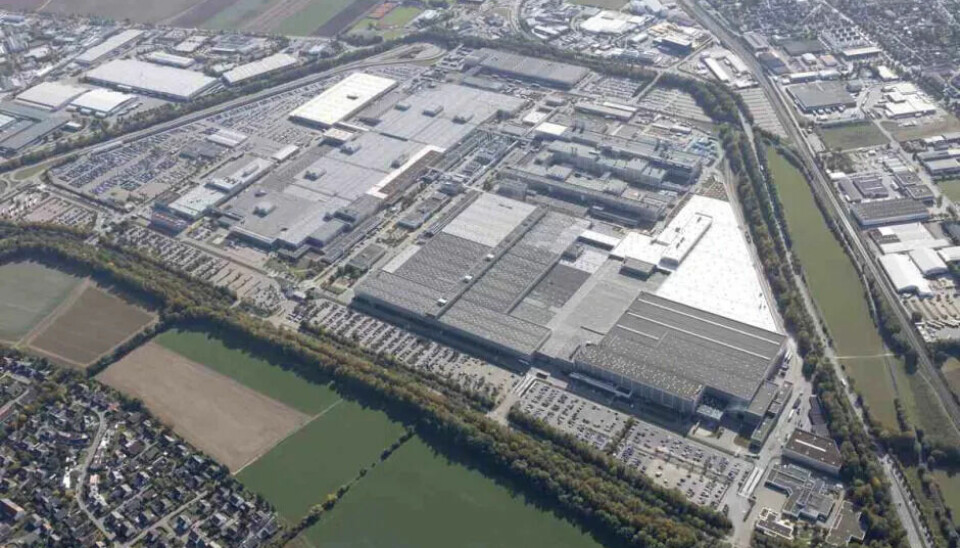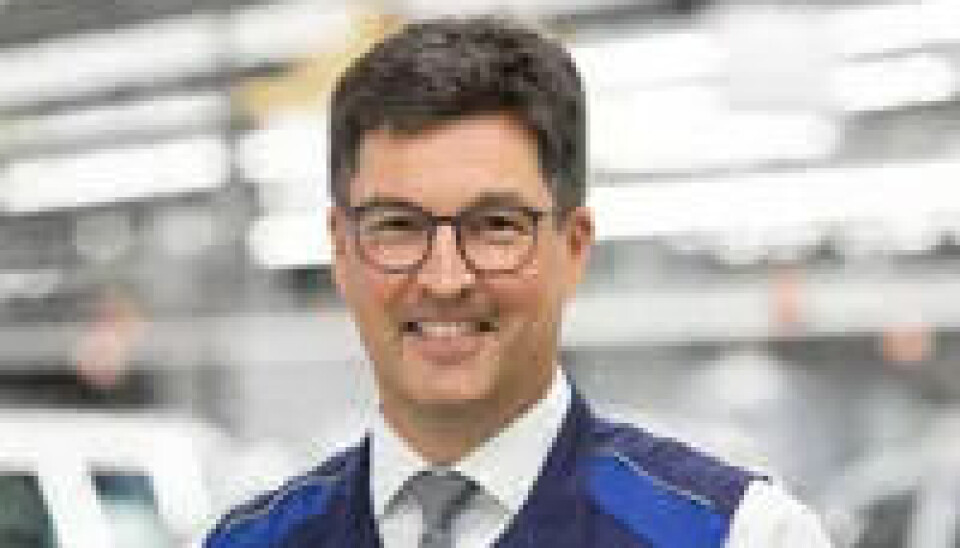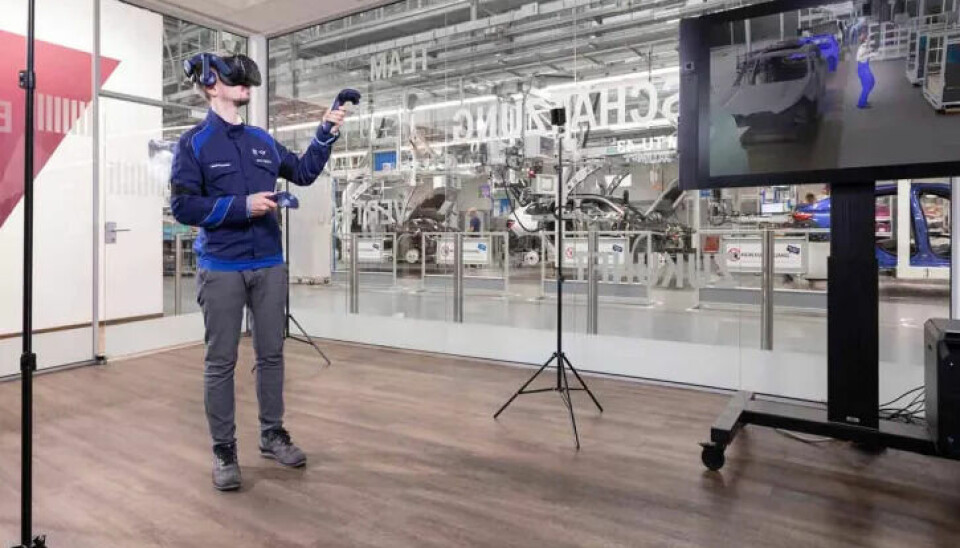Factory of the year: Outstanding series production
Process excellence: How BMW sets new standards in Regensburg

With over 340,000 units produced in 2024 and innovative production processes, the BMW plant in Regensburg sets new standards. Plant manager Armin Ebner explains the success factors.
This is what winners look like: The BMW plant in Regensburg is the factory of the year winner in the category 'outstanding series production' and the highest volume single-line plant of the BMW Group. “In three shifts, we produce the BMW X1 and BMW X2 models, over 340,000 units in 2024. That is quite impressive,” emphasizes plant manager Armin Ebner, highlighting the plant's ability to combine strong volume growth with flexibility regarding different drive types on one line. It is no coincidence that the Regensburg plant, as the lead plant for the compact class, is also responsible for the launches and quality of the production sites in Leipzig, Oxford, and Zhangjiagang.
“Process excellence means for us the interplay of numerous factors - from high flexibility to competence and pragmatism to the highest quality awareness, which is always at the forefront for us. The idea of excellence is very strongly anchored in the plant team. They implement it with joy to produce exciting products for our customers,” explains Ebner the core of competitiveness. Therefore, for him, the success of the plant is always a success of the entire team.
How BMW in Regensburg wants to be an attractive employer
“For that, we also have to create appropriate conditions,” Ebner points out the strain that comes with a three-shift operation. Various working time models, a coordinated bus concept, comprehensive social benefits, as well as a sustainable and regional canteen concept - these are examples of the many building blocks, “through which we are an attractive employer overall - and thus in a region with many large, but also medium-sized and small companies, we attract the necessary talents and competencies for us,” reports Ebner.

He also mentions the offer of language courses. Among other things, this has helped integrate 63 nations among the more than 9,250 employees in Regensburg almost seamlessly.
“We need a certain flexibility to be able to produce 24 hours a day, six days a week,” says Ebner. Creating the conditions to align operational needs and competitiveness as well as possible with the concerns of employees also shapes the 'WIR' guiding principle of the plant. This was highlighted by Kearney in the evaluation for the factory of the year as one of the success factors. The 'WIR' stands for effective, innovative, and regional.
Digital twin was further developed
The innovative strength of the BMW team in Regensburg has played a leading role in the transformation to the iFactory in various projects focusing on profitability, sustainability, and digitalization. Especially in the further development of the digital twin, which digitally maps future production structures and even ergonomic processes - and thus people - in the winning plant.
Ebner explains: “Our BMW iFactory is like a meta-universe in the factory. You can actually enter this simulated world based on a planning system and make adjustments in the virtual system through the implemented human and training models.”
This means that all systems, as well as building, factory, and CAD data, are merged in the virtual factory in such a way that employees in virtual training already hold an original image of the future component in their hands and can try out and practice installing it in the equally faithfully simulated installation space. If the worker finds it unfavorable, for example, that a container is too far away, it can be positioned in a more suitable place.
The model people on the digital assembly line move and behave in the virtual factory just like the people in the real factory. If the software, for example, recognizes that a virtual employee has to bend too low or lift too heavy to perform a work step, "then we can already respond to this in the planning phase for a new vehicle model - and make the necessary changes," says Ebner.

"The possibilities are almost limitless"
"We started with a digital image of the plant. It was simply a point cloud from which a three-dimensional image of the factory emerged. This was followed by the three-dimensional simulation of the new factory. From this, we can even digitally extract the exact section from our plant where the supplier has to install his equipment," says Ebner.
“The possibilities are virtually unlimited,” he emphasizes the great benefit of the gradual conversion of the line sections during ongoing operations, which is so important for BMW in Regensburg. Only in this way can output be maximized in a high-volume situation while simultaneously preparing the new vehicle models that are to be produced by the end of the decade. And all this without unforeseen incidents. Because at the start of the new line section, the employee already has a perfect workplace and is already familiar with the workflows through virtual training.
“As a result, the threshold for new things in the team is significantly lower because they know from the start what to expect. Changes are not perceived as a problem, but as an opportunity. And we want to take advantage of this by moving into a future with openness, where we combine competence and courage to keep the BMW Group plant in Regensburg competitive,” says Ebner.